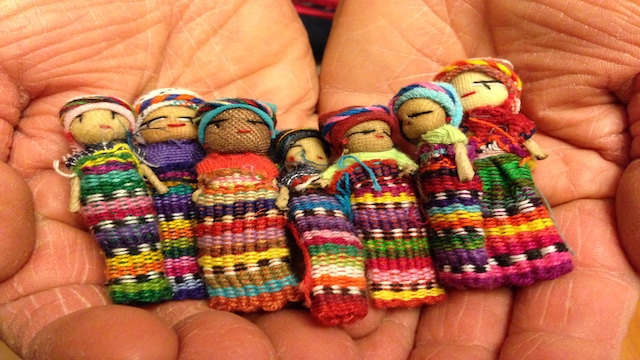As the pandemic continues, and this week our nation struggles once more against the legacy of racial injustice and violence, our children look on.
Children and teens are experiencing the continued uncertainty of Covid and its impact on school, peer relationships, and future plans. Additionally, the events in Washington D.C. on January 6 were deeply disturbing and young people may feel anxiety, confusion, fear, sadness, or anger, and have questions about what they see and hear in the media and from friends. As parents, we’re holding space for our children’s feelings alongside our own anxiety, fury, and questions about moving forward. What follows are resources specifically for children, youth, and families.*
[Read more…] about Pastoral Care for Our Children in These Times

